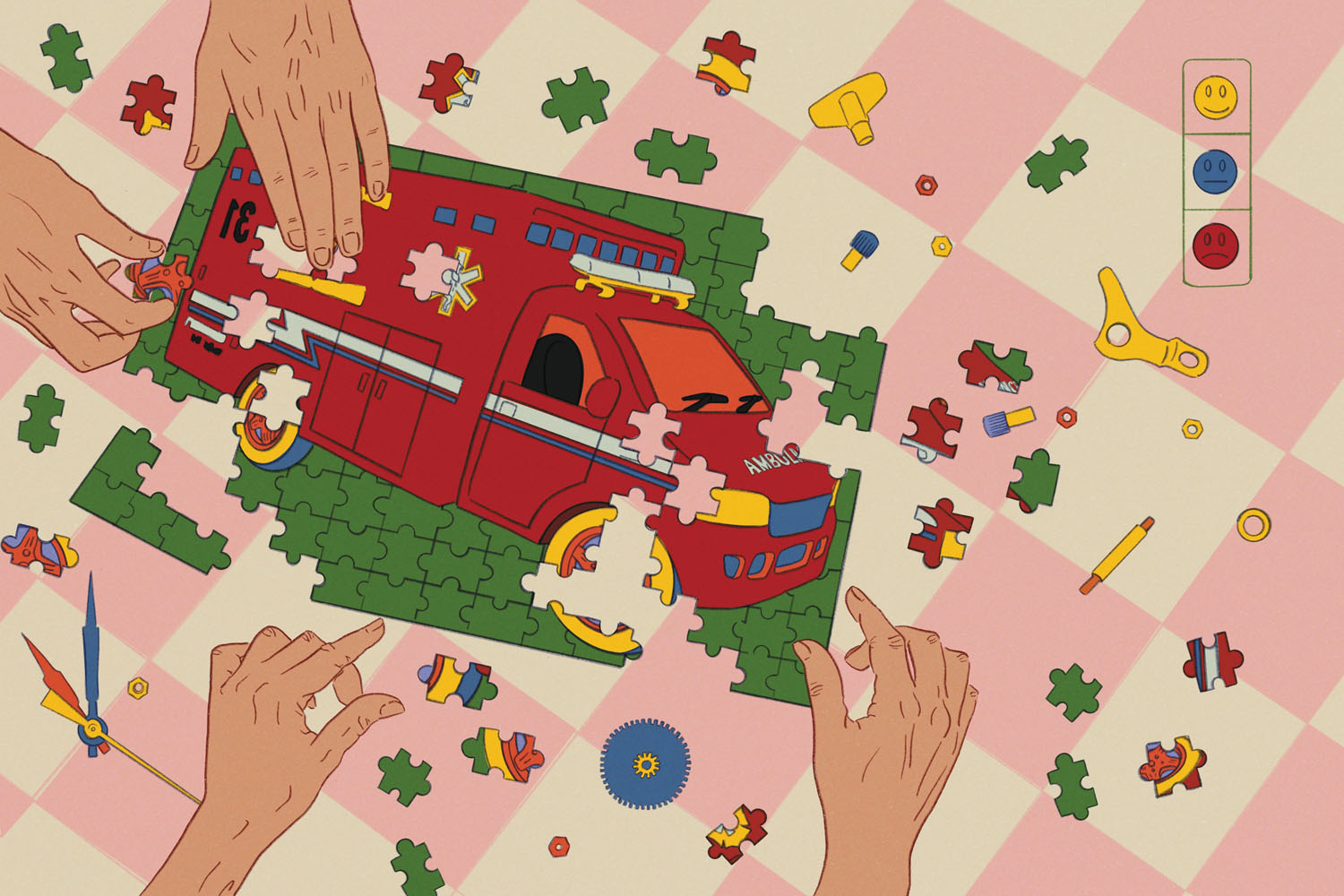Image


You should really subscribe now!
Or login if you already have a subscription.
Nazila Jamalifard is an American-born illustrator and graphic designer of Iranian heritage based in New York. Her clients include the Nocturnists, Slmbr Prty, and Netflix.